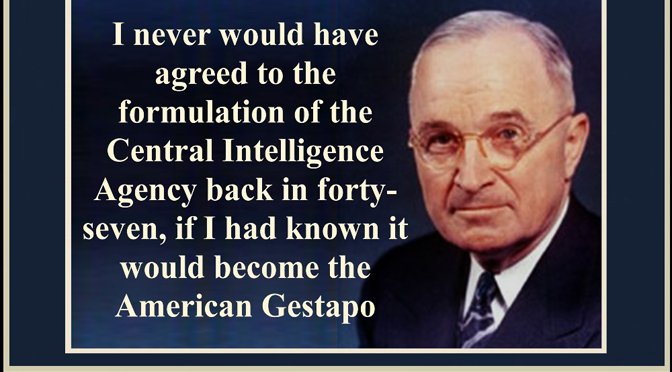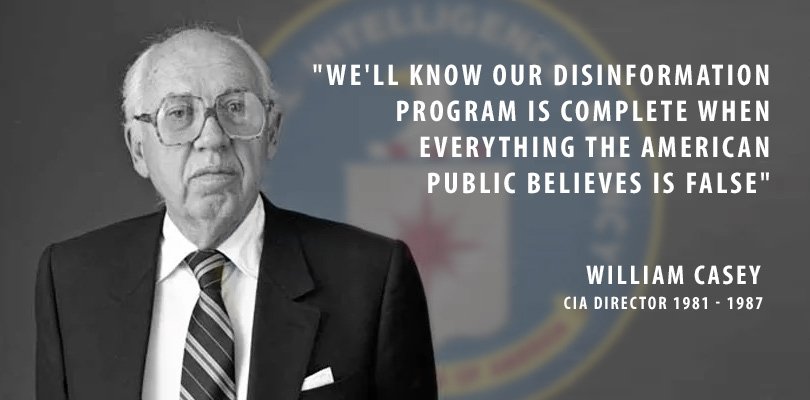Chandra, Enslaved Daughters: Colonialism, Law, and Women’s Rights (OUP 2008) -- amazon.in/Enslaved-Daugh… (8/n)
- 313 (Indiana University Press 2008) -- iupress.indiana.edu/product_info.p… (9/n)
Lastly, my own essay on this controversy and its implications for modern constitutional law: poseidon01.ssrn.com/delivery.php?I… (12/12)














